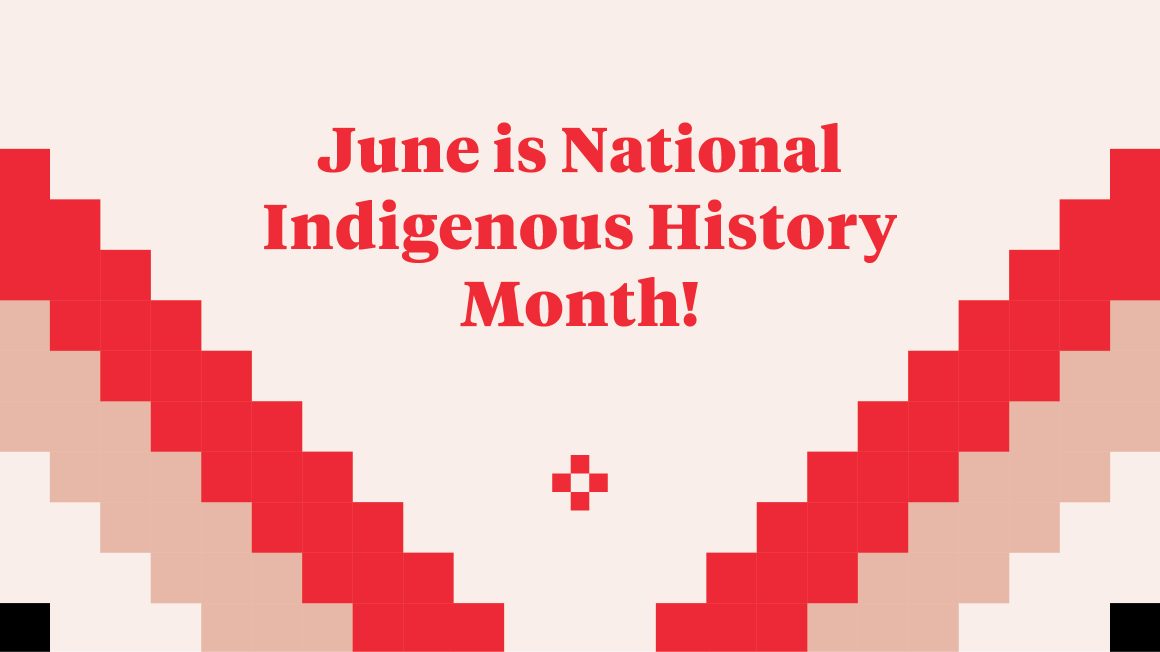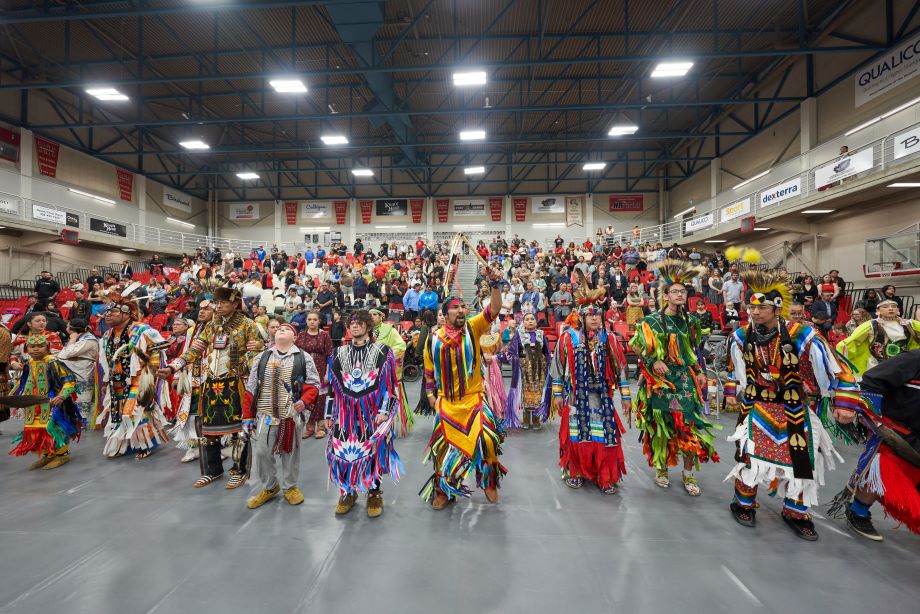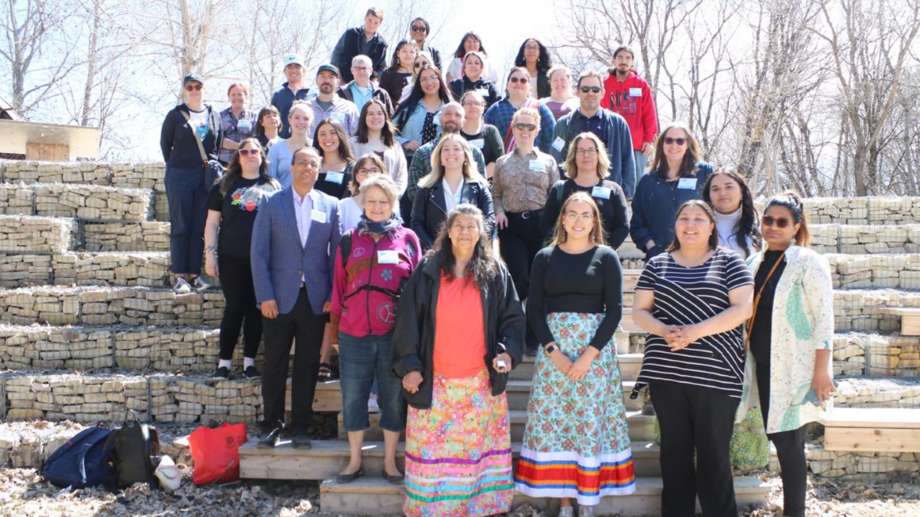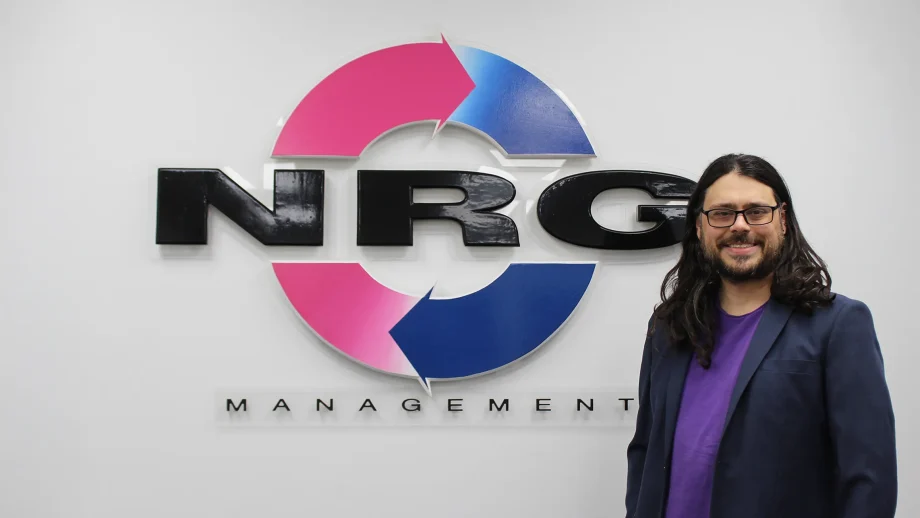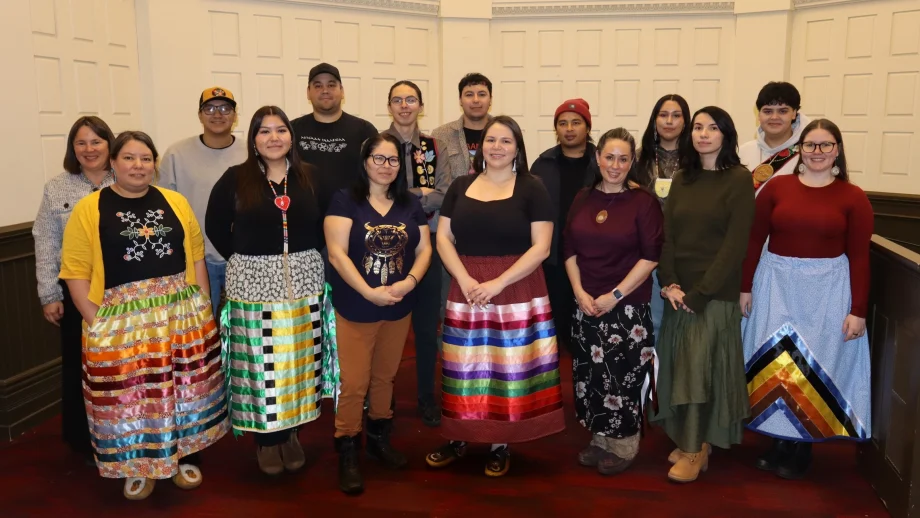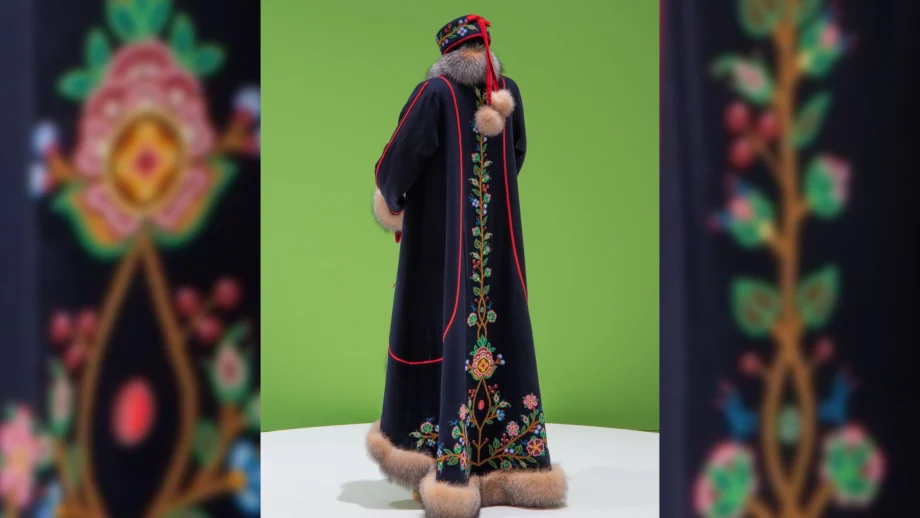The University of Winnipeg is proud to recognize and celebrate National Indigenous History Month in June.
UWinnipeg is located on Treaty One Territory and the National Homeland of the Red River Métis. We acknowledge these are the ancestral homelands of the Anishinaabeg, Ininiwak/Nehethowuk, Anisininew, Oceti Sakowin/Dakota Oyate, and Michif (Métis) Peoples, that our water is sourced from Shoal Lake 40 First Nation in Treaty Three Territory, and that most of our hydroelectricity comes from Treaty Five Territory in northern Manitoba. The University is committed to the ongoing work of ensuring Indigenous knowledges and perspectives are honoured, and to participating in reconciliation.
This month is a time for the campus community to acknowledge, honour, and celebrate the history, culture, resilience, diversity, and significant contributions of Indigenous Peoples.
“During the month of June, we recall the significant contributions of Indigenous people to all aspects of society,” said Dr. Chantal Fiola, Interim Associate Vice-President, Indigenous Engagement. “We shine a light on important Indigenous initiatives at UWinnipeg and on the inspiring achievements of members of our Indigenous community; there is much to celebrate! Miigwetch to UW Indigenous students, staff, faculty, Elders, and allies for all your efforts. Finally, June is a reminder that working towards Truth and Reconciliation requires everyone’s efforts, every day.”
Here are some developments from the campus community to celebrate from the past year.
The University of Winnipeg’s Office of Indigenous Engagement, with support from the President’s Office, established new UW Indigenous Community Awards. These awards were created to acknowledge, uplift, and celebrate the efforts of Indigenous members of the University community. The inaugural recipients, along with other Indigenous award recipients, were celebrated at the 2024 Honouring Indigenous Achievement Awards. This important annual event is an opportunity to celebrate the achievements of Indigenous students, faculty, and staff.
Student Counselling Services has hired an Indigenous counsellor to work specifically with Indigenous students. They’ve also added another counsellor to work with international, immigrant, and refugee students.
Students from the first Indigenous cohort for the Developmental Studies Program were celebrated in April. Nine of these future graduates are Indigenous community matriarchs from as far north as Lac Brochet and Split Lake in Northern and rural Manitoba.
UWinnipeg celebrated Indigenous grads at the19th annual Graduation Pow Wow. It featured a Red Dress Special in honour of Red Dress Day, which was the day of the event. It also hosted a memorial for the late UWinnipeg Elder Wakin ya Hosksida/Calvin Pompana (Thunder Boy) and his family.
A new, four-year funding commitment from Boeing will help hundreds of Indigenous youth attend summer camp at the Wii Chiiwaakanak Learning Centre. The funding will provide $22,500 USD each year for the Centre’s Indigenous Science, Technology, Engineering, Art, and Math (STEAM) Camp from 2024 to 2027.
The Master’s in Development Practice (MDP) program, based in Global College, hosted its sixth annual Emerging Professionals Networking Event. The successful event brought together MDP students and 17 community partners engaged in Indigenous development, including the private, public, and not-for-profit sectors.
The University of Winnipeg is proud to celebrate the achievements of the 110 Métis students who were awarded Louis Riel Bursaries during the 2023-24 academic year. The bursaries are valued between $1,400 and $2,500.
UWinnipeg announced a cluster hire of nine Indigenous faculty members across the Faculty of Arts, Faculty of Science, Gupta Faculty of Kinesiology, Faculty of Education, Faculty of Business and Economics, and the Global College.
A certificate program launched last year is equipping the next generation of Indigenous languages teachers, with their sights firmly set on revitalizing languages that carry a world of culture, history and meaning. Thirteen students comprise the inaugural cohort of the Teaching Indigenous Languages for Vitality (TILV) Certificate, one of three Indigenous language certificates launched last year after a successful pilot in 2021.
A collaboration between Métis scholars in Winnipeg and across the Prairies gave rise to Pawaatamihk: Journal of Métis Thinkers. It’s an open-access journal that showcases Métis thought inside the academy and in community, with sections dedicated to community stories, poetry, visual culture, as well as book reviews and scholarly articles.
A recent work by Dr. Mary Jane Logan McCallum, UWinnipeg’s Canada Research Chair in Indigenous People, History, and Archives and a Professor in the Department of History, was shortlisted for an Indigenous Literature Award for her book, Nii Ndahlohke: Boys’ and Girls’ Work at Mount Elgin Industrial School.
The University of Winnipeg’s Faculty of Graduate Studies celebrated another successful year of the Indigenous Summer Scholars Program (ISSP).
After many years of waiting, The University of Winnipeg is now home to its very own Eagle Staff. An Eagle Staff is a sacred symbol used at Indigenous ceremonies and celebratory functions.
International Studies student Jessica Whyte was the recipient of The University of Winnipeg’s 2022-23 Indigenous History Essay Prize for her paper, Socioeconomic Disparities in Rooster Town: An Analysis of the Historical Division Between English Métis and French Métis Families.
Dr. Shauna MacKinnon, Professor and Chair of the Department of Urban and Inner-City Studies co-edited Indigenous Resistance & Development in Winnipeg, 1960-2000 with Kathy Mallett, a UWinnipeg alumna and community leader who was actively involved in many of the initiatives described in the book.

